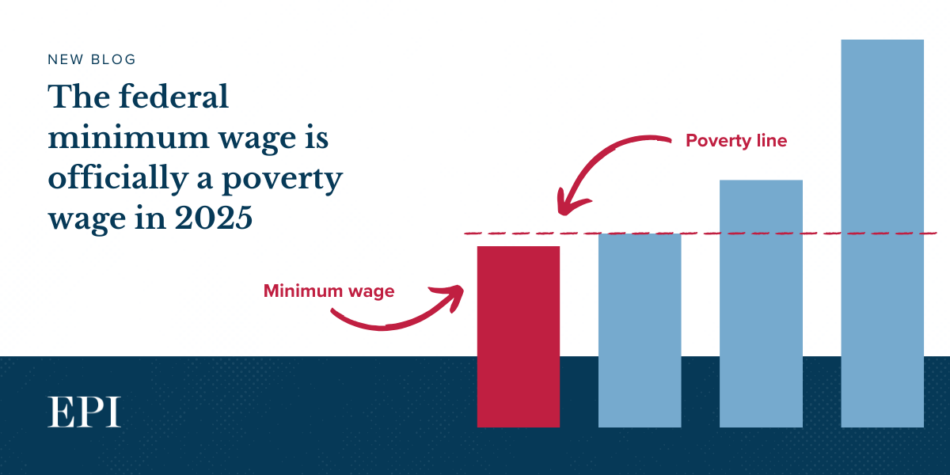Prime Minister Modi Signals Strong Military Response to Terrorism Following Pahalgam Attack

In a decisive statement following the recent terror attack in Pahalgam, Indian Prime Minister Narendra Modi emphasized the government's unwavering commitment to combating terrorism. During a high-level meeting with the country's top military leadership, Modi declared that inflicting a significant blow against terrorism is not just a priority but a national resolve. He granted the armed forces complete operational freedom to determine the methods, targets, and timing of their responses to such threats, indicating a robust military stance in retaliation.
The Pahalgam attack, which has drawn widespread condemnation, has prompted India to seriously evaluate military options against terrorist elements operating from Pakistan. Officials have indicated that the country's response could extend beyond mere defensive actions; it may include targeted operations against both the terrorists responsible for the attack and their handlers, who orchestrate these violent acts from across the border.
Among the options under consideration are direct strikes on key leadership figures of Pakistan-based terror organizations, such as Lashkar-e-Taiba, which is alleged to be behind the Pahalgam incident. Furthermore, Indian military strategists are examining potential targets that include training camps situated in Pakistan-occupied Kashmir and Pakistan itself, as well as terror launch pads that are positioned near the Line of Control, the de facto border between India and Pakistan.
These military strategies are categorized into various modes of attack. Shallow strikes are designed to neutralize immediate threats, such as terror launch pads, while deeper operations may utilize long-range missile strikes or aerial assaults to target the leadership of these terrorist outfits situated within enemy territory. The differentiated approach reflects the Indian military's readiness to adapt its tactics based on the evolving security landscape.
The meeting included key figures such as the Chiefs of the Army, Navy, and Air Force, the Chief of Defence Staff, Defence Minister Rajnath Singh, and National Security Adviser Ajit Doval. They convened on Tuesday to discuss not only the current security situation but also the operational preparedness of the Indian armed forces in light of the recent escalation in cross-border terrorism.
Looking ahead, a Cabinet Committee on Security meeting is scheduled for Wednesday morning, which will likely further outline India's strategic response to the ongoing threat posed by terrorism in the region. This critical gathering will be pivotal in shaping the nations defense policies as it seeks to reinforce its stance against terrorism.




























